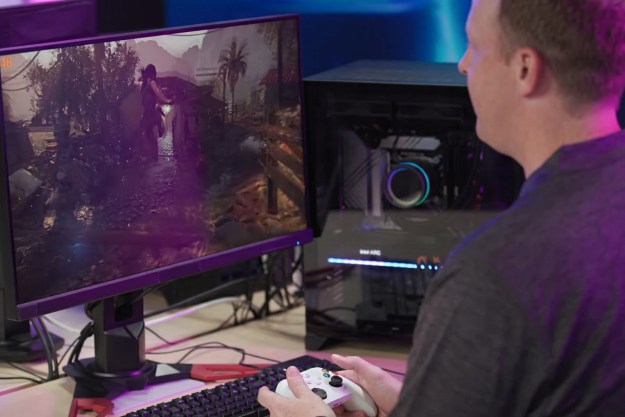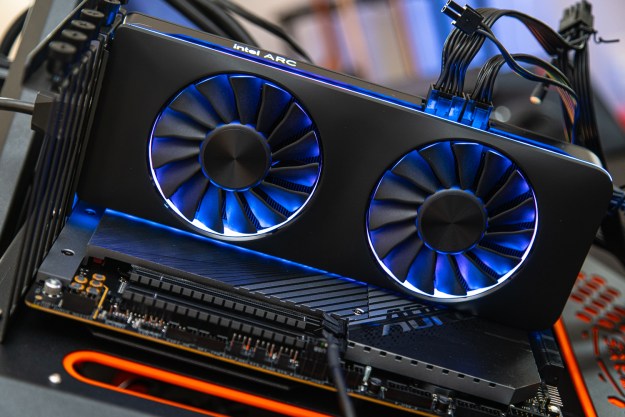
Relations between chipmaking giant Intel and graphics developer Nvidia haven’t exactly been smooth for some time, with Nvidia constantly deriding Intel’s integrated graphics solutions and then having the moxy to launch itself into supercomputing applications. Now the tension is reaching new heights: last month, Intel sued Nvidia over a four-year old license deal, claiming that the deal doesn’t apply to Intel’s forthcoming Nehalem processors with integrated memory controllers. Now, Nvidia is ratcheting things up even further, countersuing Intel on the grounds that Intel’s lawsuit against Nvidia constitutes breach of contract by making misleading statements designed to undermine Nvidia’s licensing rights. Nvidia’s suit seeks to terminate Intel’s license to Nvidia patents in graphics processing and 3D technology.
"Nvidia did not initiate this legal dispute," said Nvidia CEO Jen-Hsun Huang, in a statement. "But we must defend ourselves and the rights we negotiated for when we provided Intel access to our valuable patents. Intel’s actions are intended to block us from making use of the very license rights that they agreed to provide."
Fundamentally, the suits are asking a court to interpret and rule on the 2004 technology licensing agreement between the two companies. Intel argues the agreement only applies to processors with memory controllers implemented as a separate component from the microprocessor; in order to increase efficiency and performance, future Intel processors will be integrating a memory controller directly into the CPU. Nvidia argues the licensing agreement applies equally to separate and integrated memory controllers, and that Intel has artificially created a licensing dispute as part of a "calculated strategy to eliminate Nvidia as a competitive threat."
Editors' Recommendations
- AMD’s canceled GPU could have crushed Nvidia
- Intel Battlemage graphics cards: release date speculation, price, specs, and more
- I’ve used Intel CPUs for years. Here’s why I’m finally switching to AMD
- Some Intel CPUs lost 9% of their performance almost overnight
- We might have an answer to Intel’s crashing crisis


